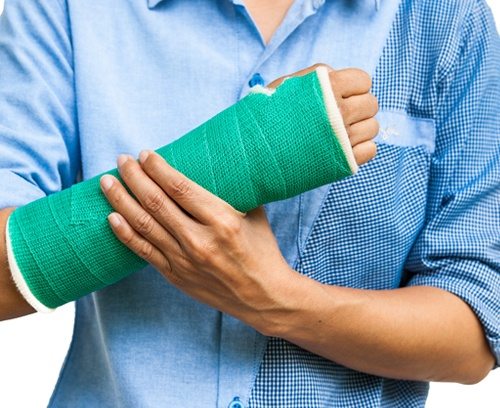
E-bike accident lawsuits are on the rise in Florida and across the nation. E-bikes, or electric bicycles, have gained popularity due to their convenience, cost savings on gas, and reduced environmental impact. However, the greater velocity and power of e-bikes compared to traditional bicycles pose increased risks for riders.
If you have been involved in an e-bike accident in Florida, contact the Martinez Manglardi Orlando personal injury attorneys at 866-729-9541 for a free consultation.
The Rising Popularity of E-Bikes
Nationally, the sale of e-bikes has skyrocketed in recent years. According to the National Bicycle Dealers Association, approximately 804,000 e-bikes were sold in 2021, a significant increase from the 152,000 sold in 2016. E-bikes offer numerous benefits, including convenience, cost savings, and reduced environmental impact. However, their increased velocity and power compared to traditional bicycles make riders more susceptible to accidents and severe injuries.
A study published in the peer-reviewed journal Injury Prevention found that riders of e-bikes are more likely to require hospitalization following accidents than riders of manual bicycles. This increased risk is attributed to the greater velocity and impact force involved in e-bike accidents. As e-bikes become more prevalent on the roads, it is essential for both bike riders and motorists to be aware of the potential dangers and take necessary precautions to prevent accidents and e-bike accident lawsuits.
E-bike accident lawsuits occur due to various factors, including negligent motorists, design or manufacturing defects, and inadequate road maintenance. Negligent motorists are often responsible for e-bike accidents in Florida. Common causes include speeding, driving under the influence, distracted driving, failure to yield the right of way, and disregarding traffic signals. These negligent actions can have devastating consequences for e-bike riders, who lack the protective features of enclosed vehicles, such as metal frames, airbags, and seatbelts.
Filing E-Bike Accident Lawsuits
After an e-bike accident in Florida, it is crucial to determine the responsible parties and seek compensation for your injuries and damages. Several parties may be held liable, depending on the circumstances surrounding the accident. These parties may include the negligent motorist, the e-bike manufacturer, a government entity responsible for road maintenance, or even another cyclist or driver involved in the accident.
To pursue a claim for compensation in an e-bike accident lawsuit you should consult with an experienced e-bike accident lawsuit attorney. They can guide you through the legal process, investigate the details of your case, gather evidence of negligence, and determine the value of your claim based on the extent and severity of your injuries and damages. Additionally, an attorney can negotiate with insurance companies on your behalf to ensure you receive a fair settlement that covers your losses.
Establishing Liability in E-Bike Accident Cases
When a negligent motorist causes an e-bike accident, they can be held accountable for their actions. This includes drivers who were speeding, driving under the influence of drugs or alcohol, distracted by their phones, or failing to yield the right of way to the e-bike rider. Gathering evidence such as witness statements, surveillance footage, and police reports can help establish the negligence of the motorist.
E-bike accidents in Florida can result in severe injuries and significant financial burdens for the victims. If you have been injured in an e-bike accident, it is crucial to consult with a knowledgeable and experienced Orlando e-bike accident attorney. They can help you understand your rights, establish liability, and pursue the compensation you deserve. Remember, seeking legal representation early in your e-bike accident lawsuit can greatly benefit your case. If you have been involved in an e-bike accident in Florida, contact the Martinez Manglardi car accident law firm in Orlando. Call 866-729-9541 for a free case review.





